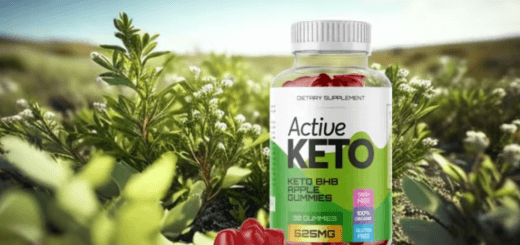
The search engines utilised by the entire global internet population are basically virtual answering machines that scour billions upon billions of content and evaluate a multitude of factors towards determining which content is more specific to your unique query. This scouring and evaluation of content is conducted by these search engines using algorithms that ‘crawl and index’ content which is then ‘catalogued’.
This continuous cataloguing of ‘all content’ on the Internet is critical towards matching queries effectively and making the ‘search results’ as relevant as possible to the user. It is due to this aspect of search engines that make SEO or Search Engine Optimisation a priority to anyone who uploads content into the virtual realm with the intention of gaining exposure.
The simple truth is that, if the search engines fail to locate, identify and catalogue a website, rest assured nobody else will be able to do it either. In other words, search engine optimisation primarily revolves the initiatives taken by website owners to increase the quality of the site and attract as much traffic as possible without paying for it.
According to Mr SEO, this is commonly regarded as “organic search engine results” which by far is the most effective marketing strategy for any business that depends on having an adequate level of ‘online presence’ to sustain their business.
It is therefore imperative for website owners to realise the framework of SEO which is not ‘ALL about the search engines’ only. SEO is in fact about people’s inputs into search engines and understanding how internet users search for whatever they look for and ‘lock on’ to the words that they use as one of the ‘search criteria’.
Hence, for SEO to be effective knowing your audience’s intent is just half of it as the other half of it revolves around the structure and the virtual mechanics that that connect users to relevant websites on the very first page of search engines such as Google.
For business that are not found on the first page and only appear after the first page, their business or business model has a flaw that must be addressed as soon as possible. This ‘business flaw’ nine out of ten times is usually nothing more than ‘blind SEO’ which can be remedied and restructured using professional search engine optimisation tactics.
Even though businesses fail to achieve ‘organic levels’, all is not lost as they still have other alternatives such as paid advertising, social media, and other platforms that are also capable of generating traffic to websites, albeit they cannot be compared with the potential of organic search results which are more credible and receive more clicks than paid advertisements. To put things into perspective, SEO seems to be one of those elements when configured with care and diligence will continue yielding results for a very long time.
Among the most common problem with regards to SEO failure is the inability of those tasked with managing the site to obtain solid content that contain more than just keywords and senseless sentences that go in circles. When ‘good original content’ that is well written and presented, traffic will continue to build and snowball over time. In contrast, paid advertising constantly requires funding for traffic to flow continuously to the site.
There is no doubt that search engines have become more complex or even smarter based on the high level of accuracy that can be observed within the search results, however they still require the necessary ‘juice’ from the website owners in order to achieve the online marketing objectives of the owner.
The ‘juice’ in essence is the optimisation of your site in a way that it will be able to offer better and highly relevant data to the crawlers. These crawlers would then ‘index’ the information with higher precision and display relevant details within the scope of search queries that are significantly ‘correlated’ with the information in the website itself.











